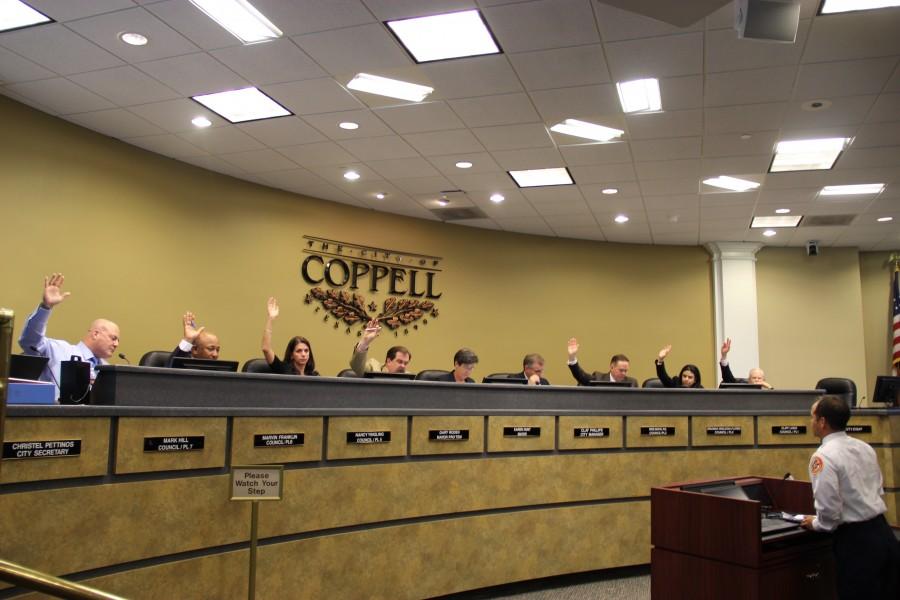Mary Whitfill
Features Editor
WikiLeaks founder Julian Assange was placed in custody of London Police on Tuesday in reponse to a Swedish sexual assault warrant. The authorities have since conducted a thorough criminal investigation into his website’s release of the classified United States documents.

Across the oceans, the United States is considering pressing charges under the Espionage Act for the release of sensitive government documents. According to the times, lawmakers have suggested a prosecution for receipt of stolen property, but some experts saw difficulties in that approach.
Assange has responded to the talks of prosecution by the United States with threats of releasing more damaging documents if he was charged or killed. On Monday, his website released a list of dams, bridges, mines, and weapons and vaccine companies that are “critically important” to the United States. WikiLeaks has since said that the arrest is an attack on media freedom and that the absence of Assange will not stop them from releasing more sensitive files. The site’s Twitter page posted the following: “Today’s actions against our editor-in-chief Julian Assange won’t affect our operations: we will release more cables tonight as normal.”
WikiLeaks has seen its bank accounts canceled and its website attacked in the last week as a U.S. criminal investigation was launched. On the opposite end of the spectrum, over 500 places on the web have set up mirror websites to show their support.
WikiLeaks’ Twitter feed, generally packed with updates, appeals, and pithy comments, has been silent since Monday night, when the group warned that Assange’s arrest would not stop the leaks.




